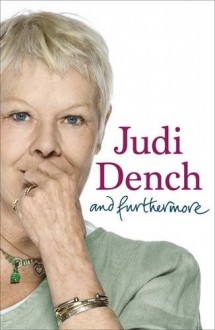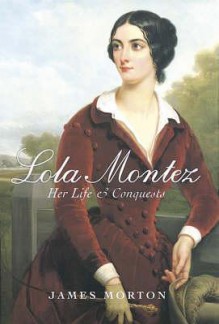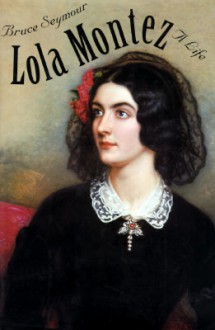
Is this really "the definitive biography"? It's certainly the best in a very disappointing field since O'Toole's death. Notably absent amongst the people interviewed as original sources: any of O'Toole's surviving family, including ex-wife Sian Phillilps (mother of his two daughters) or ex-partner Karen Brown (mother of his late-life son). So this is definitely not the "authorized" biography, which can be a good or a bad thing. In this case, I think it has been detrimental to any real understanding of O'Toole's family life (Sian Phillips' autobiography is a useful corrective for the years when they were married).
I was dubious when I saw Robert Sellers to be the author, because he has also written books with such unpromising titles as "Hellraisers: The Life and Inebriated Times of Richard Burton, Richard Harris, Peter O'Toole, and Oliver Reed" and "Don't Let the Bastards Grind You Down: How One Generation of British Actors Changed the World". In other words, he gives every appearance of being one of those bloke-ish biographers who delight in chronicling promiscuity and drunkenness, as if they were something necessarily associated with great talent and in some way admirable. Mind you, to be fair, if you're going to write about Peter O'Toole, you're going to have to address both of those major factors in his life and career. But I was pleasantly surprised at the relative absence of celebratory adjectives about the alcoholism that most certainly contributed to O'Toole's dreadful health in the second part of the career (not to mention his very poor reputation amongst landlords and other property owners).
The sources for this book are chiefly gossipy minor players in the entertainment world, most of whom doubtless have dined out on their O'Toole stories for some time, so we must take into account the natural human tendencies to embellish and generalize. The other people involved in the best anecdotes are by and large gone from us, and can't issue any refutations (if indeed they would wish to). But in addition to O'Toole's mischief, drinking, and occasional completely thoughtless cruelty, I found that there was also a ring of truth - through repetition from different sources - in the accounts of his deep thoughtfulness about his craft, his extensive and intelligent reading, and a generosity that could be as extravagant as his narcissism. As I think I remarked in my review of "Hellraisers", O'Toole still comes off, like Burton, as someone you could see wanting to associate with, as opposed to some of the nastier drunks in his circle of contemporaries. (And lest anyone wonder, it does seem that he dabbled in drugs as well.)
Sellers puts to rest the old controversy of where O'Toole was born, Ireland or England, by digging up the actual birth certificate from Leeds. But he does also acknowledge throughout that O'Toole became Irish, almost by dint of wishing so very much to be Irish (he always claimed himself that he did not actually know one way or the other).
The book has a decent apparatus (index, bibliography, list of film and theatre credits), and there are citations at the end for most paragraphs, though since most of said citations are to "author's interview with X", there's really not much verification that can be done. Sellers also took the time to view the historical record in the form of TV talk show utterances (now much more available to us through youtube), and he relies relatively little on previous biographical work as far as I can see, although Sian Phillips is of course fairly heavily cited.
"Better than expected" doesn't seem like particularly high praise, but in fact I'm quite pleased to give this book a place on my shelves. Since O'Toole will unfortunately never continue his slim, whimsical, fascinating autobiographical efforts into the most riveting years of his career, we must rely on the more prosaic expressions (and perhaps more reliable memories?) of the people around him who may not have been his nearest and dearest, but for that very reason may have been reliable observers.
Recommended to fans of O'Toole and people who enjoy anecdotal biography about London and Hollywood in the mid to late 20th century.

 Log in with Facebook
Log in with Facebook 









